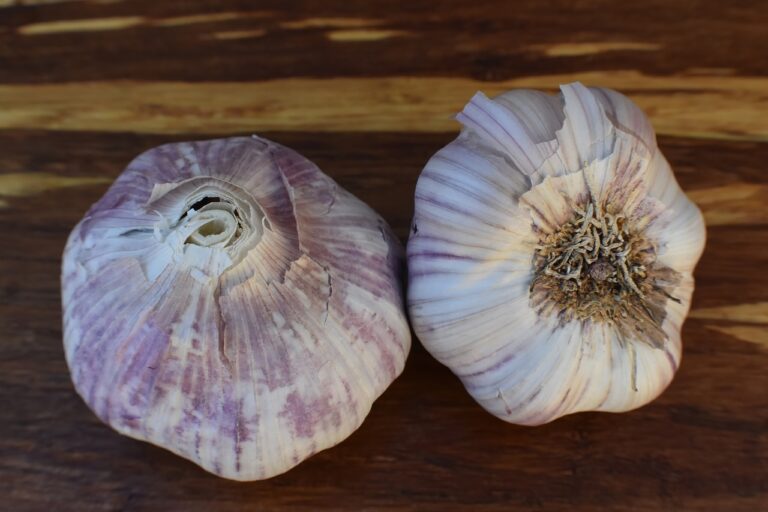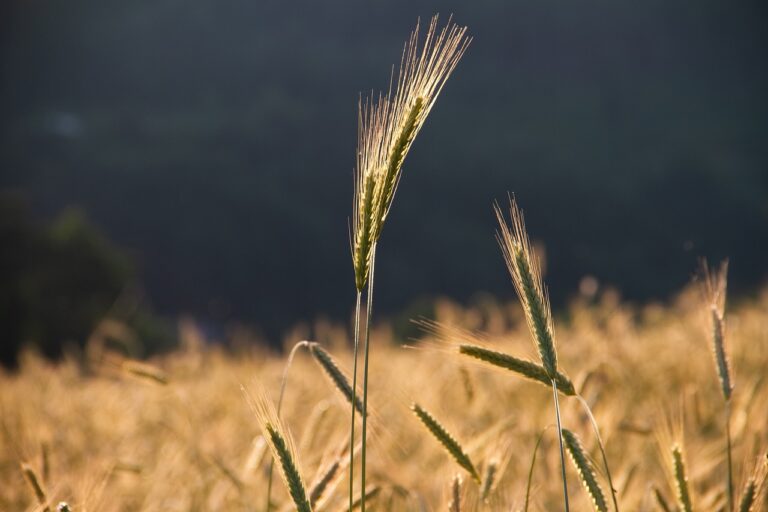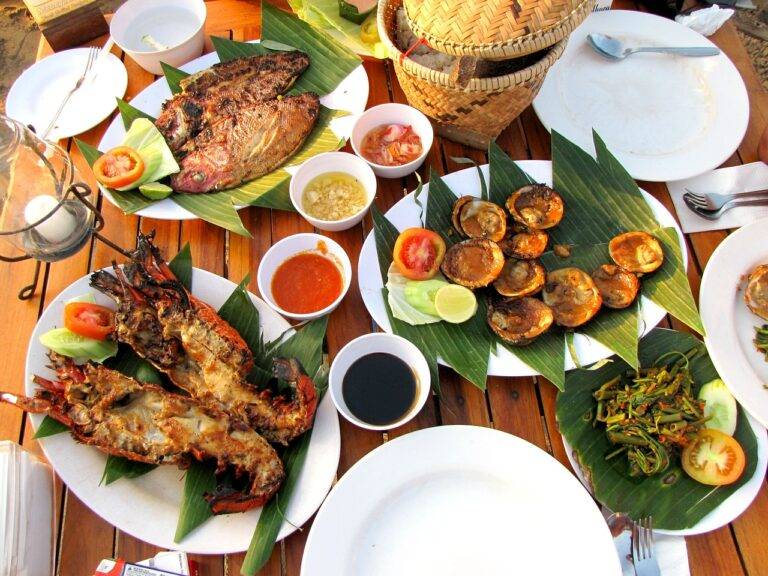The Role of Spices in Seasonal Festivals: Cricket bet99 login, Sky11 login, Reddy anna online book
cricket bet99 login, sky11 login, reddy anna online book: Seasonal festivals are a time of celebration, where families and communities come together to mark important occasions and traditions. One crucial element of these festivals is the food that is prepared and shared among loved ones. Spices play a significant role in these culinary creations, adding flavor, aroma, and symbolism to the dishes that are enjoyed during these special times.
In many cultures, spices are considered not only for their culinary value but also for their medicinal and spiritual properties. During seasonal festivals, spices are used to create dishes that are not only delicious but also meaningful. Whether it’s the warming spices of cinnamon and nutmeg used in winter holiday treats, or the fragrant saffron and cardamom utilized in Diwali sweets, spices are an essential part of these festive recipes.
The Role of Spices in Seasonal Festivals
1. Enhancing Flavor
Spices are essential for enhancing the flavor of dishes prepared during seasonal festivals. From curries to desserts, spices like cumin, coriander, turmeric, and ginger add depth and complexity to traditional recipes. The right combination of spices can take a dish from ordinary to extraordinary, pleasing the taste buds and creating a memorable culinary experience.
2. Aroma and Memories
The aroma of spices wafting through the air can instantly transport us to a different time and place, evoking memories of past festivals and celebrations. The scent of mulled wine simmering on the stove, infused with cinnamon, cloves, and orange peel, can bring back memories of cozy winter nights spent with loved ones. Spices have the power to create a sensory experience that is both comforting and nostalgic.
3. Symbolism and Tradition
In many cultures, spices hold symbolic significance and play a crucial role in traditional rituals and ceremonies. For example, during the Jewish festival of Passover, the bitter herbs and spices used in the Seder meal symbolize the bitterness of slavery and the sweetness of freedom. In Indian festivals like Holi, spices like turmeric are used not only in cooking but also in colorful powders that are thrown during celebrations.
4. Health Benefits
Spices are not only used for their flavor and aroma but also for their health benefits. Many spices have medicinal properties and are used in traditional medicine to treat various ailments. During seasonal festivals, dishes made with spices like ginger, garlic, and turmeric are believed to boost immunity and improve digestion, helping to keep individuals healthy during the festive period.
5. Festive Traditions
Spices are an integral part of festive traditions around the world. In the United States, pumpkin pie spices like cinnamon, nutmeg, and allspice are synonymous with Thanksgiving and are used to flavor everything from pies to lattes. In Mexico, the warm and spicy flavors of cinnamon, cloves, and chili peppers are used in traditional dishes like mole poblano during Dia de los Muertos celebrations.
6. Cultural Exchange
Festivals are a time for cultural exchange, where people from different backgrounds come together to share their traditions and customs. Spices play a vital role in this exchange, as they are often used to create fusion dishes that blend different culinary influences. For example, in the Caribbean, the use of spices like allspice, nutmeg, and cinnamon reflects the region’s rich history of colonization and cultural diversity.
7. Seasonal Ingredients
Spices are often sourced from seasonal ingredients, reflecting the natural rhythms of the earth. For example, during the winter months, warming spices like cinnamon, clove, and ginger are used to create comforting dishes that help ward off the cold. In the summer, brighter and lighter spices like basil, mint, and lemongrass are used to add freshness and zest to dishes enjoyed during outdoor festivals and gatherings.
8. Global Impact
The spice trade has had a significant global impact, shaping the course of history and influencing cultures around the world. Spices like pepper, cinnamon, and nutmeg were once highly prized commodities that sparked exploration and trade routes between continents. Today, spices continue to be traded internationally, connecting farmers and consumers from different parts of the globe.
9. Sustainability and Ethics
As the demand for spices continues to grow, there is a growing emphasis on sustainability and ethical sourcing. Many consumers are now seeking out organic and fair trade spices to ensure that they are produced in an environmentally and socially responsible manner. By supporting ethical spice producers, we can help ensure that future generations can continue to enjoy the flavors and benefits of these precious ingredients.
10. Culinary Creativity
Spices are a chef’s best friend, allowing for endless possibilities when it comes to culinary creativity. During seasonal festivals, chefs and home cooks alike experiment with different spice combinations and techniques to create innovative dishes that pay homage to tradition while also pushing the boundaries of flavor and presentation. Whether it’s a spicy chutney, a fragrant rice pilaf, or a decadent dessert, spices are the secret ingredient that elevates these festive dishes to new heights.
FAQs
Q: Why are spices important in seasonal festivals?
A: Spices are important in seasonal festivals because they enhance flavor, aroma, and symbolism in traditional dishes, while also providing health benefits and cultural significance.
Q: What are some common spices used in seasonal festivals?
A: Some common spices used in seasonal festivals include cinnamon, cloves, nutmeg, ginger, turmeric, saffron, and cardamom.
Q: How can I incorporate spices into my festive cooking?
A: You can incorporate spices into your festive cooking by experimenting with different spice blends, using whole spices for a fresher flavor, toasting spices before grinding them, and incorporating spice-infused oils and pastes into your recipes.
Q: Are there any health benefits to using spices in cooking?
A: Yes, many spices have medicinal properties and are used in traditional medicine to treat various ailments. For example, ginger is used to ease digestive issues, while turmeric is believed to have anti-inflammatory properties.
In conclusion, spices play a vital role in seasonal festivals, adding flavor, aroma, and symbolism to traditional dishes that are enjoyed during these special occasions. From enhancing the taste of dishes to evoking memories and cultural traditions, spices are an essential element of festive cooking that brings people together and celebrates the rich diversity of culinary traditions around the world. So next time you gather with loved ones for a seasonal festival, take a moment to savor the spices that make these moments truly special.







